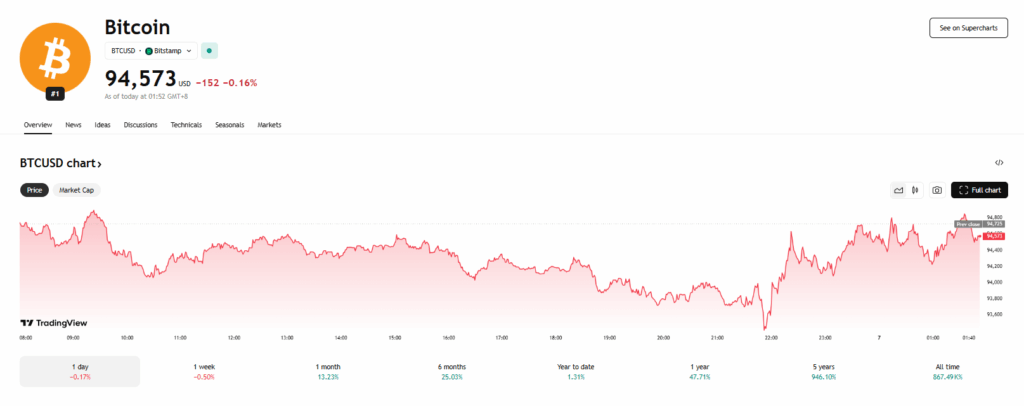- Kevin O’Leary slammed Michael Saylor’s Bitcoin strategy, calling it over-leveraged and unsustainable.
- He dismissed the idea of a U.S. strategic Bitcoin reserve, citing lack of bipartisan support and self-interest from advocates.
- Senator Lummis reintroduced the BITCOIN bill, but Scaramucci warned it needs bipartisan backing to survive long-term.
Kevin O’Leary—better known as “Mr. Wonderful” from Shark Tank—isn’t exactly buying what Michael Saylor’s selling. In a recent conversation with SkyBridge Capital’s Anthony Scaramucci, O’Leary took aim at Saylor and his company, Strategy (formerly MicroStrategy), calling the executive’s Bitcoin obsession “self-serving.”
“Michael Saylor is talking about his book,” O’Leary said, implying Saylor’s non-stop Bitcoin evangelism is more about pumping his own bags than helping anyone else.
Too much leverage, not enough long-term thinking?
O’Leary wasn’t done there. He pointed out that Strategy has been gobbling up Bitcoin using stock sales, preferred shares, and debt—tools that, in his view, don’t support a stable business model over time. He also criticized the fact that Strategy’s stock trades at roughly 2x the value of its actual BTC holdings. “That’s not sustainable,” he said bluntly.
As of last week, Strategy added another 1,895 BTC to its already massive stash, bringing the total to 555,450 BTC—valued at around $52.5 billion. That makes it the largest corporate holder of Bitcoin on the planet.
A Bitcoin reserve for the U.S.? Not likely, says O’Leary
O’Leary also dismissed the idea of a U.S. strategic Bitcoin reserve as a political fantasy. “It’s never gonna happen,” he said, citing a lack of bipartisan support in Congress and suggesting the idea is being pushed by self-interested Bitcoin advocates like Saylor.
The conversation comes as Senator Cynthia Lummis recently reintroduced the BITCOIN bill, which proposes that the U.S. acquire 1 million BTC to help prop up the dollar and bring down the national debt.

Scaramucci, however, sees potential. He thinks the bill could give the U.S. economy a serious shot in the arm—if it can gather broad political backing. Without bipartisan support, though, he warned that even if passed, a future administration could just scrap the whole thing.

















